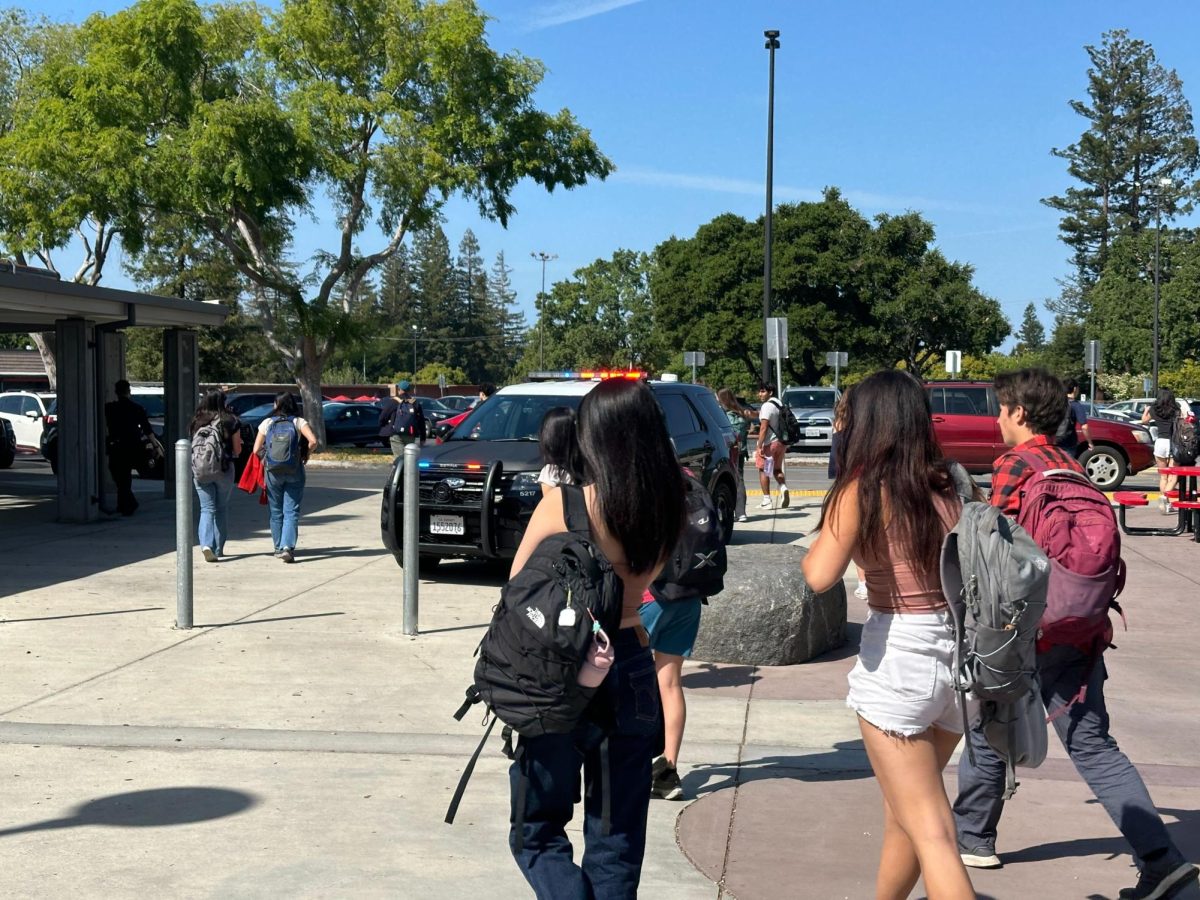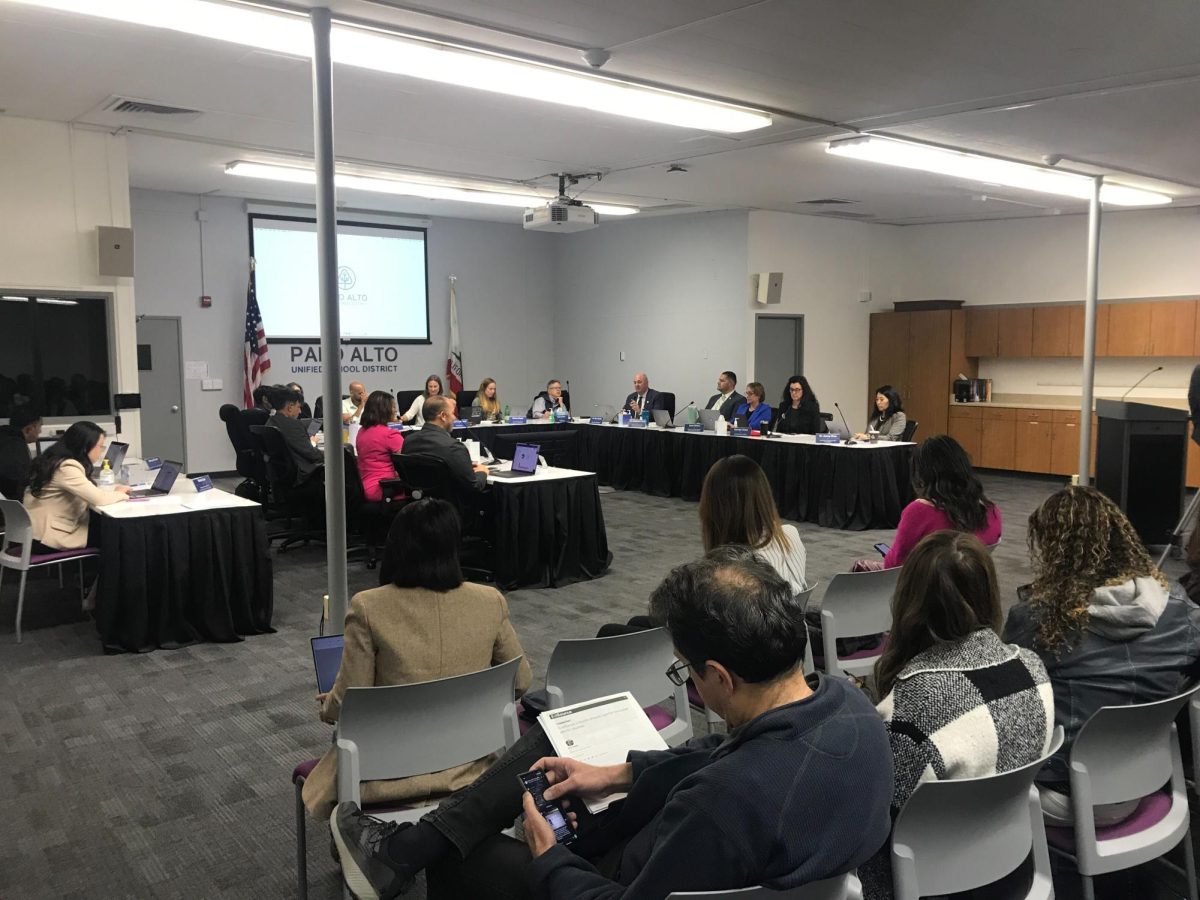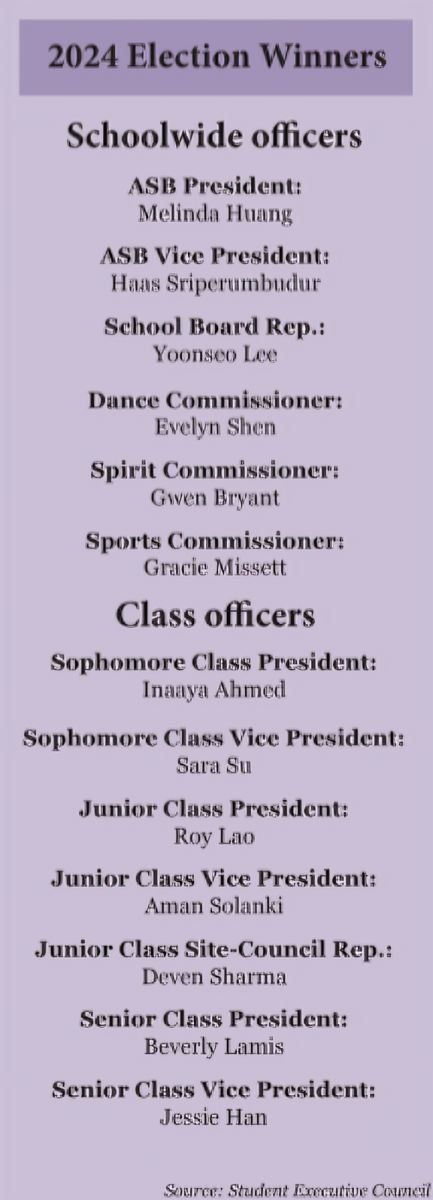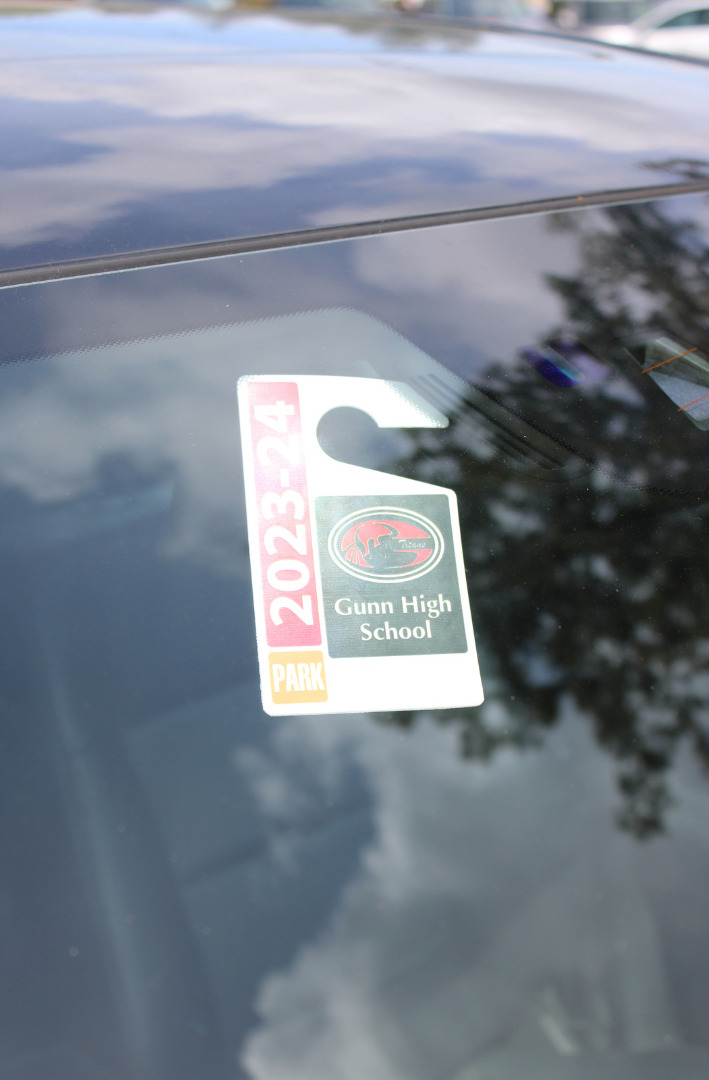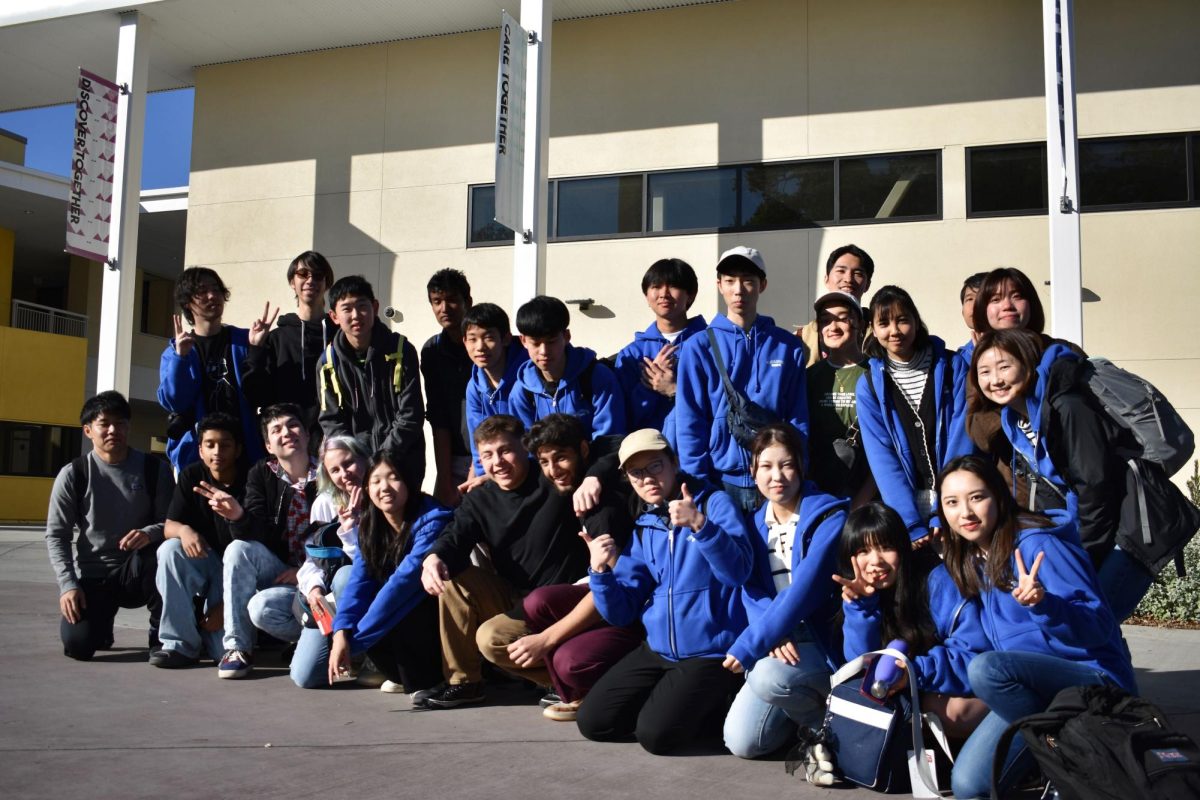Like it or not, the days of parent-planned playdates and home-for-dinner curfews are over for most Gunn students. Partying, involving the consumption of alcohol and/or use of other drugs, is something no high school can hope to avoid, even one with such a prestigious academic background. Even though the 21-year-old drinking age is strictly enforced, many Gunn kids continue to party just like they were of legal age. “A beer pong table, a thirty rack of beer, a couple of fifths, some knock-off Bacardi, and a little bit of weed,” senior Jason Darrell (name has been changed) said. “That’s all it takes to have a good time.”
No matter the social pressures, it’s crucial to remember that being under the influence at an age under 21 is still illegal. Not only is consuming alcohol frowned upon by Gunn, but the police force also views shutting down parties as a huge priority. “You shouldn’t indulge in that type of behavior because the consequences are not worth the temporary fun,” Palo Alto Police Department School Resource Officer DuJuan Green said.
According to the 2011-2012 California Healthy Kids Survey, 24 percent of 11th graders in the past 30 days of the survey had at least one drink, and 13 percent had more than 5 drinks in a row. The survey also makes evident that a strong majority (79 percent) of ninth graders that year had never in their lifetime drank alcohol.
However, students are not immune to the influence of partying. When they first find out about high school partying, it comes as more of a shock to some and less to others. “The most surprising thing to me was hearing that some of my friends, who always said they were 100 percent against it in the first place, are going out and partying,” senior Katie Owens (name has been changed) said. Owens, along with most of her friends, avoids partying in favor of more traditional get-togethers, such as movie nights and sports events.
The common perception that all high school students are crazy partiers could not be further from the truth. “I never understood the appeal of parties,” Owens said. “I see it just as an excuse to go look cool, hook up with people and drink alcohol.” Owens says her friends and family have little to no influence on her decision to not party.
Other students knew what they were getting into from their middle school days. “I witnessed and knew of parties because of my older siblings and friends,” sophomore Jay Rock (name has been changed) said. “I was pretty prepared to go to parties from the start.”
The first party experience for many students can be a sticky situation. “People can tell it’s your first time,” Rock said. “It’s just really awkward. They think you should leave. And you’re thinking to yourself, ‘should I even be here?’” But according to Darrell, once students go through the ranks, it isn’t difficult to find a party to have a good time at. “Sophomore and junior year it was pretty hard to find a place to go,” he said. “Now that I’m a senior, even if I don’t know the host it’s pretty hard for them to kick me out.”
For most parties hosted by underclassmen, however, the same circumstances don’t apply. “Our class is divided between partiers and non-partiers,” sophomore Regina Curto (name has been changed) said. “It’s gotten better since freshmen year; that year, I don’t think anyone else partied besides me and a couple of friends.” In junior and senior year, however, things do begin to change.
“There’s people who always show up to parties, who sometimes show up to parties and who never show up to parties,” Darrell said. “But my circle of friends goes well beyond people who just party. I’m good friends with a few people who don’t party at all.”
Even still, partying appeals highly to certain students of all grades. “Socially, it’s really helped me out,” Darrell said. “You have to learn how to socialize at a party. If you can only socialize at school, and all you talk about is school, you’re not going to get anywhere. In addition, drunk conversation is a lot more fluid.”
Due to the dangerous and illegal aspects of partying, it is only natural that many parents are cautious and frown upon it. “I’ve seen the draconian security-camera measures, where the parents will spy on their kids and then ground them for what they do,” Gunn parent Kevin Bert (name has been changed) said.
On the other hand, some parents have a lenient attitude towards their children’s partying. “I believe that giving them the respect of their teenage independence is important,” Bert said. “However, it’s really important to let them know there are serious consequences that can shut them down from driving, schoolwork and more things.”
And other, even more lenient approaches also exist. “At one of the first parties I went to, the parents were there serving alcohol to the kids,” Rock said. Green has witnessed parent-hosted teenage drinking parties before, and he says there can be huge consequences. “In that incident, both parents were cited in criminal court, several juveniles were arrested for being publicly intoxicated, several were taken to the hospital because they couldn’t take care of themselves, and several to juvenile hall because their parents weren’t around to pick them up,” he said.
The consequences of drinking alcohol and frequently going to parties stretch beyond the courthouse. “Whether you know it or not, it damages your brain,” senior Michael Torr (name has been changed) said. “It’s going to kill your brain cells; not to the point where you’re entirely slow, but to the point that homework the next day is not nearly as easy.”
Additionally, further consequences are possible on school grounds, according to Dean of Students James Lubbe. “If a parent approaches us and voices concerns over their student’s path, or the people they hang out with, we can offer their student programs such as Adolescent Substance Abuse Treatment Program (ASAT), or increased counseling,” he said. “We also offer ASAT as part of consequences.” Lubbe mentioned that the school only seeks to help the student, not hurt them. According to its brochure, ASAT has provided “assessment and outpatient treatment services for teens struggling with substance abuse” since 1991.
Student-parent relationships can take some serious pressure when teens begin partying. “At first my parents were pretty against it, and I got in trouble quite a few times,” Darrell said. “But being completely honest with them is always the best plan.” Keeping parents in the dark about students’ partying, it seems, always leads to increased problems and trust issues. “If you party a lot without telling your parents, it’s hard for you to call them for help when you need it,” Darrell said. “Then you’re really screwed.”
As for the actual consequences laid out by parents, grounding seems to be decreasing in efficiency in this age. “I don’t know how you can ground a kid these days unless you have someone around the house 100 percent of the time,” Bert said. “So instead, I tried to let [my child] know that ‘Hey, I’m going to cut you some slack here, and I want you to enjoy yourself, but don’t cross the line—because I will be held responsible.’” Bert tried to make this as clear as possible in his son’s head in pursuit of a “moral compass” that would guide his son, who has since graduated, from letting things get out of control. The “compass” was effective enough so that his son’s parties never resulted in serious accidents.
In addition to laying out a “moral compass,” some parents believe it’s beneficial to share their own experiences with their kids. “A lot of people my age grew up during a time when we drank and experimented with different drugs,” Gunn parent Cameron Jameson (name has been changed) said. “As a parent, you’re in that difficult situation of ‘don’t do what I do, do what I say.’ The best thing we can do for our kids is share our experiences so they don’t fall into the same traps we did.” Jameson also hopes that parents never resort to letting their child drink even under parental supervision because the parents think kids are going to drink alcohol regardless. “They’re basically giving up at that point.”
But with so many consequences and obvious mental setbacks, some kids at Gunn continue partying. “I think it’s important for the administration to realize that a party setting is a good way to relieve stress,” Darrell said. “You don’t need to drink alcohol at a party to have a good time. You always hear the administration and your parents telling you that drinking is so bad, but if you don’t do it in excess, it’s a great stress reliever. Obviously there’s sports and other things, but even those can become a stress.”


